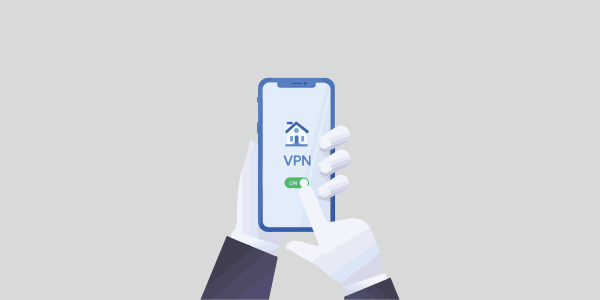Intro
Before we jump into what is a residential proxy, we should explain what is a proxy server first. Let’s take the example of a person at home surfing the Internet. When they visit a webpage, their computer actually makes a connection to the web server hosting that webpage. This is known as a direct connection. By connecting this way, the web server is able to note down what is the IP address of the visitor along with other info about their browsers.
A proxy server is a middleman machine which a privacy-conscious person would use to hide their info. So instead of the user’s computer making a connection to the web server, it will connect to the proxy server. The proxy server then will make the connection to the web server and forward any response to the user’s machine.
What is a residential proxy server?
A residential proxy server functions just like a normal proxy server. It will take a request from a user and forward to the destination machine then send back any response to the user. The big difference is the IP address of a residential proxy server comes from a regular Internet Service Provider (ISP).
You might ask why is there a big difference whether the IP address is from a data center or an ISP. Lots of music and video streaming services these days perform geolocation on their visitors’ IP address. This means they know where you are from. If the streaming providers wish to limit their products/services to certain regions (a.k.a. geo-blocking), they can now do so. They can also adjust pricing based on your location.
Now, having an IP address from an ISP means the streaming providers will have a hard time differentiating a legitimate user from a proxy server. In the case of a residential proxy server, it can often be both a normal user and a proxy server.
Detecting a residential proxy server
Because a residential proxy server uses an IP address that could be assigned to a home user, it is notoriously hard to detect. Fortunately, IP2Proxy has now come up with the IP2Proxy Proxy Detection PX10 package which contains the RES proxy type. Operators of online businesses or streaming providers just need to check the IP address with the PX10 data. If the proxy type is RES, that IP is a residential proxy server.
While proxies have legitimate uses, a lot of people tend to abuse them to gain access to services or products. They are also frequently used to commit credit card fraud on online stores. Therefore, being able to detect a residential proxy server is a valuable tool for online businesses.
DISCOVER THE POWER OF IP GEOLOCATION
Find a solution that fits.

